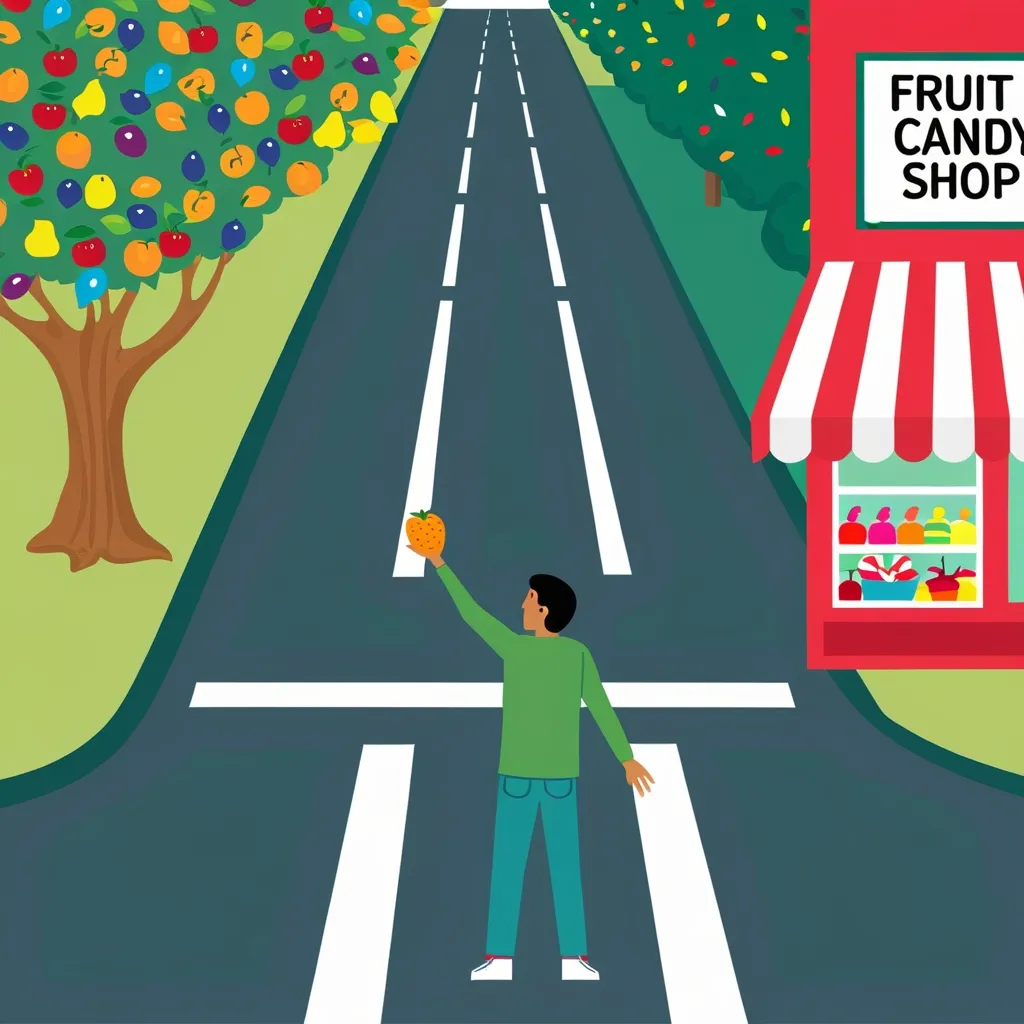Emotional eating is a common struggle that many of us face. It’s that moment when you find yourself reaching for a bag of chips or a pint of ice cream, not because you’re hungry, but because you’re feeling stressed, sad, or anxious. We’ve all been there, and it’s totally normal. But what if I told you there’s a way to break free from this cycle? Enter mindfulness - a powerful tool that can help you develop a healthier relationship with food and your emotions.
Let’s talk about what emotional eating really is. It’s like when you’ve had a rough day at work, and the first thing you do when you get home is raid the fridge. Before you know it, you’ve polished off a whole box of cookies. Sound familiar? The thing is, emotional eating isn’t about physical hunger. It’s about trying to soothe our feelings with food. And while it might feel good in the moment, it often leaves us feeling guilty and even more stressed in the long run.
So, how can mindfulness help? Well, mindfulness is all about being present and aware of what’s going on in your body and mind, without judging yourself. When it comes to eating, it’s about really tuning in to your body’s signals. Are you actually hungry, or are you just trying to distract yourself from feeling anxious?
Practicing mindful eating can be a game-changer. Instead of scarfing down your food while scrolling through your phone, try slowing down and really savoring each bite. Notice the flavors, the textures, the smells. It’s amazing how much more satisfying eating can be when you’re fully present for it. Plus, you’re more likely to notice when you’re actually full, which can help prevent overeating.
But mindfulness isn’t just about how you eat - it’s also about managing stress and emotions. Research has shown that mindfulness meditation can significantly reduce stress and emotional eating tendencies. It’s like giving your brain a mini-vacation from all the stress and worry. And when you’re less stressed, you’re less likely to turn to food for comfort.
The cool thing about mindfulness is that it actually changes your brain. Studies have found that regular mindfulness practice alters the connections between different parts of your brain involved in emotion regulation. It’s like rewiring your brain to be better at handling stress and emotions. Pretty neat, right?
Now, here’s something important to remember: emotional eating isn’t inherently bad. It’s just one way we try to take care of ourselves. The key is to do it mindfully. If you’re feeling down and decide to have a cup of hot chocolate, that’s okay. Just do it consciously. Really enjoy that hot chocolate. Notice how it makes you feel. When you approach emotional eating with awareness, it becomes a choice rather than an automatic response.
But what if you want to find other ways to cope with your emotions? Mindfulness can help with that too. It encourages you to explore alternative strategies that might be more beneficial in the long run. Maybe going for a walk when you’re stressed, or doing some yoga when you’re feeling anxious. Sometimes, even just taking a few deep breaths can help you feel better without turning to food.
One of the best things about mindfulness is that it helps you be kinder to yourself. We’re often our own harshest critics, especially when it comes to food and eating. Mindfulness teaches you to treat yourself with the same compassion you’d show a good friend. So instead of beating yourself up for eating emotionally, you might say, “I’m feeling really stressed right now, and I chose to eat to cope. That’s okay, and I’ll try something different next time.”
The benefits of using mindfulness to overcome emotional eating aren’t just short-term. Studies have shown that mindful eating programs can lead to long-term changes in eating behaviors and overall well-being. They can reduce binge eating, anxiety, and depression, while also improving self-efficacy and control over food choices. It’s like learning a whole new way of relating to food and your emotions.
So, how do you start incorporating mindfulness into your daily life? Start small. Maybe begin with short meditation sessions, even just 5-10 minutes a day. There are tons of great apps and guided meditations out there to help you get started. Try practicing mindful eating during your meals. Really focus on your food, without distractions. You can even practice mindfulness during other activities, like while you’re walking or doing chores. It’s all about cultivating a greater sense of awareness and presence in your everyday life.
Remember, overcoming emotional eating with mindfulness is a journey. It takes time, patience, and practice. But the rewards are worth it. By becoming more aware of your thoughts, feelings, and bodily sensations, you can develop a healthier, more mindful relationship with food. And it’s not just about food - this approach can enhance your overall well-being by reducing stress, improving how you handle emotions, and helping you be kinder to yourself.
So, the next time you find yourself reaching for food when you’re not really hungry, take a moment. Take a deep breath. Check in with yourself. What are you really feeling? What do you really need? Maybe it is food, and that’s okay. Or maybe it’s something else entirely. Whatever it is, approach it mindfully. You might be surprised at how much of a difference it can make.
Remember, you’re human. We all struggle with emotional eating sometimes. But with mindfulness, you have a powerful tool to help you navigate these challenges. It’s not about being perfect - it’s about being aware and making conscious choices. So be patient with yourself, be kind to yourself, and keep practicing. Your relationship with food - and with yourself - will thank you for it.
In the end, mindfulness isn’t just about changing your eating habits. It’s about changing your relationship with yourself. It’s about learning to listen to your body, to understand your emotions, and to treat yourself with kindness and compassion. And that, my friend, is a recipe for a happier, healthier life.
So, are you ready to give mindfulness a try? Start small. Maybe the next time you eat, try to really focus on your food. Notice the flavors, the textures. Or the next time you’re feeling stressed, try taking a few deep breaths before reaching for that snack. Remember, every little bit of mindfulness counts. You’ve got this!






